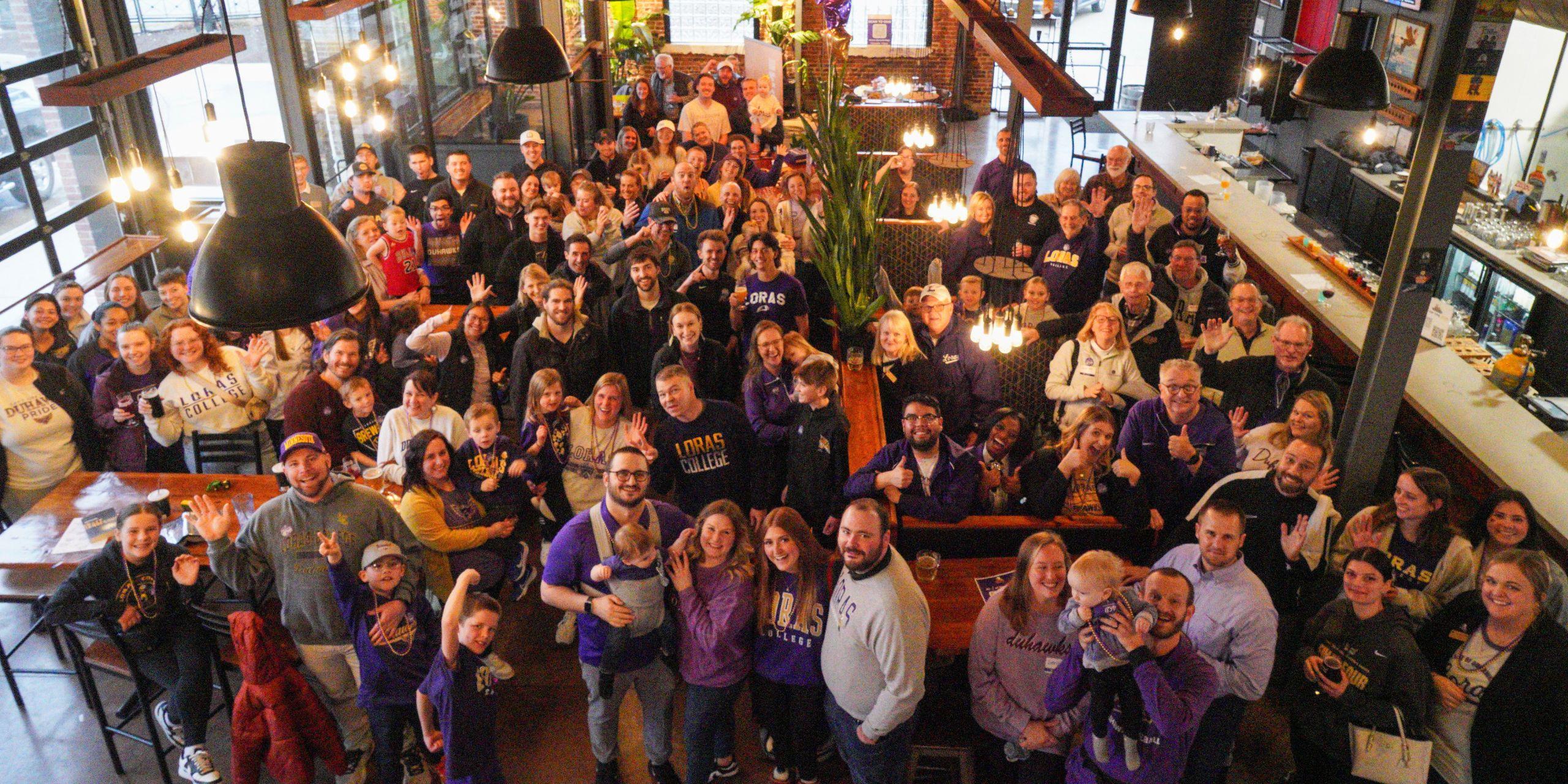As a lifelong soccer fan who’s spent countless weekends either playing or watching matches, I’ve often found myself explaining the basics of the game to newcomers. One of the most common questions I get is, "How long does a full soccer match really last?" It seems straightforward, but there’s more to it than just 90 minutes. Let’s break it down, and I’ll share some personal observations along the way. A standard professional soccer match consists of two halves, each lasting 45 minutes, making the total regulation time 90 minutes. But in reality, the actual length stretches beyond that due to added time, halftime breaks, and occasionally extra time. I remember watching a match years ago where the referee added nearly eight minutes due to injuries and substitutions—it completely shifted the momentum of the game. That’s why understanding the full duration matters, not just for fans but for players strategizing their energy.
Now, you might wonder why matches don’t just end at 90 minutes on the dot. Well, referees account for stoppages like injuries, time-wasting, or VAR reviews by adding injury time, which can vary from one to over five minutes per half. I’ve noticed that in high-stakes games, this added time often feels like an eternity, especially if your team is clinging to a narrow lead. For instance, in a memorable international friendly I watched, the Koreans raced to a 26-12 lead at the end of the first quarter and the Filipinos never recovered. That match, though not soccer, illustrates how early momentum can define the entire game’s pace—in soccer, a team dominating early might slow down the tempo, leading to more stoppages and extended play. Personally, I think this unpredictability is part of what makes soccer so thrilling; you’re never quite sure when the final whistle will blow.
Beyond regulation and added time, some matches go into extra time if it’s a knockout fixture, like in tournaments or cup games. Extra time typically consists of two 15-minute halves, pushing the total to around 120 minutes. And if it’s still tied, we head to a penalty shootout, which can add another 10-15 minutes of nerve-wracking action. I’ve played in amateur leagues where we skipped extra time to avoid exhaustion, but at the professional level, it’s a test of endurance. From my experience, players who pace themselves in the first half often fare better in those extended periods. It’s not just about physical stamina but mental focus—I recall a local derby where my team conceded a goal in the 119th minute because we lost concentration. That’s why I always emphasize that a full match isn’t just about the clock; it’s about adapting to the flow.
Another factor that influences soccer game length is the level of play. In youth or recreational leagues, halves might be shorter, say 30-40 minutes each, to accommodate fitness levels. I’ve coached kids’ teams, and we often keep it to 60-minute games to maintain engagement. But in professional settings, the 90-minute standard is sacrosanct, though broadcasters might stretch it with pre and post-match analyses. Speaking of which, have you ever tuned into a game that felt like it dragged on forever? I have, especially in matches with frequent fouls or video reviews. Data from a study I came across suggested that the average effective playing time in top leagues is only about 55-60 minutes due to interruptions. That’s a stark reminder that the clock doesn’t always reflect the action.
Let’s not forget halftime, which is usually 15 minutes but can feel longer in big events with ceremonies. I’ve used that break to grab a snack or dissect tactics with friends, and it’s a crucial reset for teams. In fact, some of the most dramatic turnarounds happen after halftime, like in that Koreans versus Filipinos example I mentioned earlier—though from a different sport, it shows how a strong start can set the tone, but recovery is possible if managed well. In soccer, I’ve seen teams trailing by two goals mount incredible comebacks in the second half, proving that the full match length allows for strategic shifts. My preference? I love games that go down to the wire, where every added minute counts.
Wrapping this up, the real length of a soccer match often exceeds 90 minutes, sometimes hitting 100 minutes or more with all the extras. As a fan, I appreciate this flexibility—it keeps the suspense alive. Whether you’re planning your schedule or just curious, remember that soccer’s duration is as dynamic as the game itself. Next time you settle in to watch, keep an eye on the stoppage time; you might witness a last-minute goal that changes everything. After all, in soccer, time isn’t just a number—it’s part of the drama.




